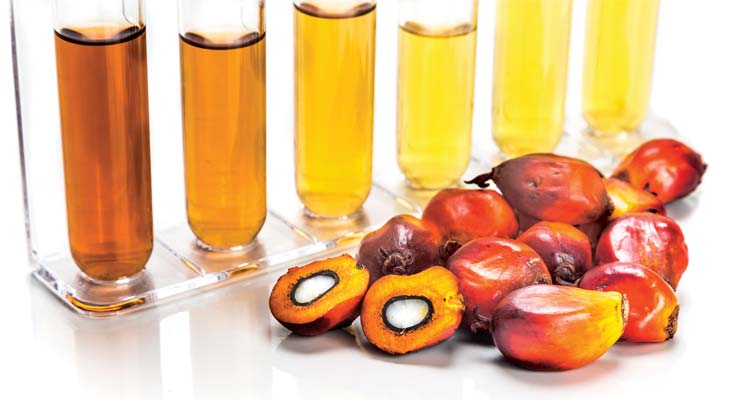



... over palm oil
September, 2017 in Issue 3 - 2017, Comment

Earlier this year, in one of its expert meetings, the EFSA acknowledged its critics and said it would ‘re-open its scientific opinion’ on palm oil, ‘to address the identified scientific divergence’. This is internal acceptance by the EFSA that its original report was flawed.
Furthermore, since the report was released, industry and technical oil centres have developed new technologies and discovered new processes that significantly limit the level of these contaminants.
For example, the work of Brian D Craft of the Nestle Technical Centre in Switzerland has found that washing the palm fruit prior to extracting the oil reduced the rate of these contaminants by 95%. Such technological advancements by industry are an important consideration for regulators to take into account.
The scientific situation, then, is clear. Flaws have been identified in the EFSA report, which is now being revised. The political situation is less clear: it is well-known that several of Macron’s Ministers dislike palm oil.
It is possible that the flawed EFSA report could be used as an excuse to justify restrictions on palm oil. This would be a bad idea. You cannot regulate effectively while the science is still being reviewed: that would be irresponsible and would undermine any claims to be a pro-science government.
So, how should President Macron proceed in this scenario? It’s simple. His government should not proceed with any regulation or restriction of palm oil as a food ingredient – certainly not while the science is still being reviewed and revised.
This is a test of the pro-science rhetoric of the new government. France can be the global scientific hub that the President speaks about – we have the knowledge, the infrastructure, the people and the institutions, and now we have the vision.
Perhaps the last missing piece is consistency – to demonstrate that France is committed to following science always, even if it does not confirm our pre-existing bias. What better opportunity than with palm oil: it is foreign, controversial and disliked by the public. Many French, including Macron’s own Ministers, advocate bans, restrictions and taxes.
The scientific community is against a ban, against restrictions, and against ‘Nutella taxes’. If the science on a controversial subject such as palm oil were prioritised ahead of the domestic politics, it would be a show of real leadership by the President. That would be a clear signal that he is serious about France becoming a global leader in science, once again.
Jean-François Platon
Chemical Engineer, France
This is an edited version of the article.
Pages : 1 2